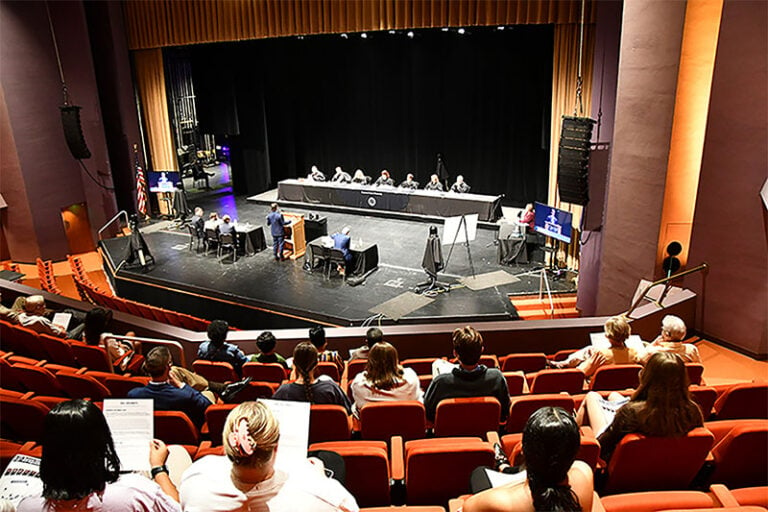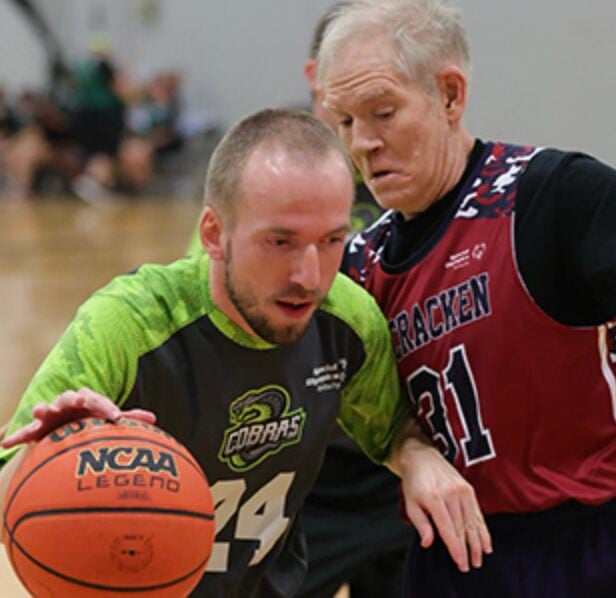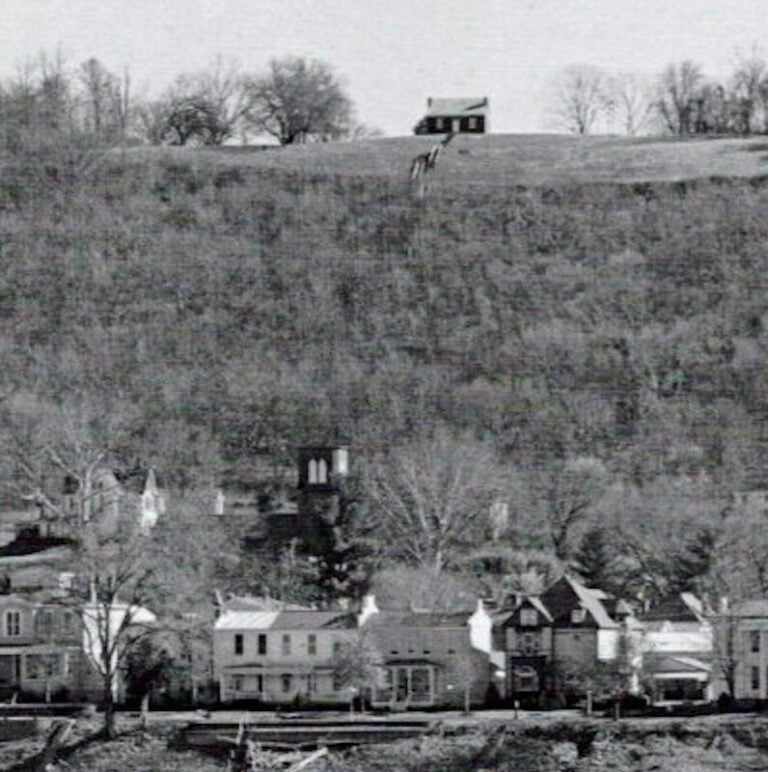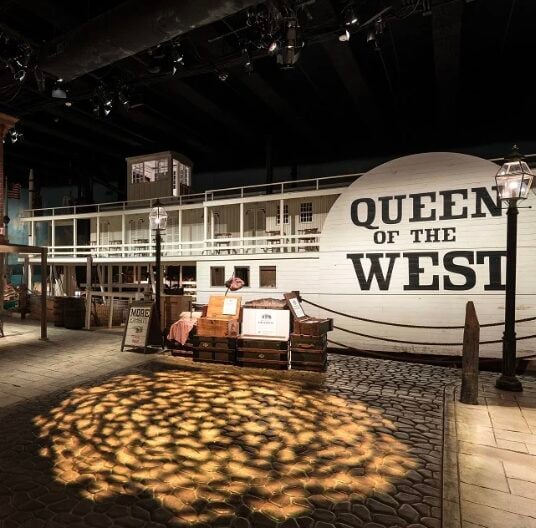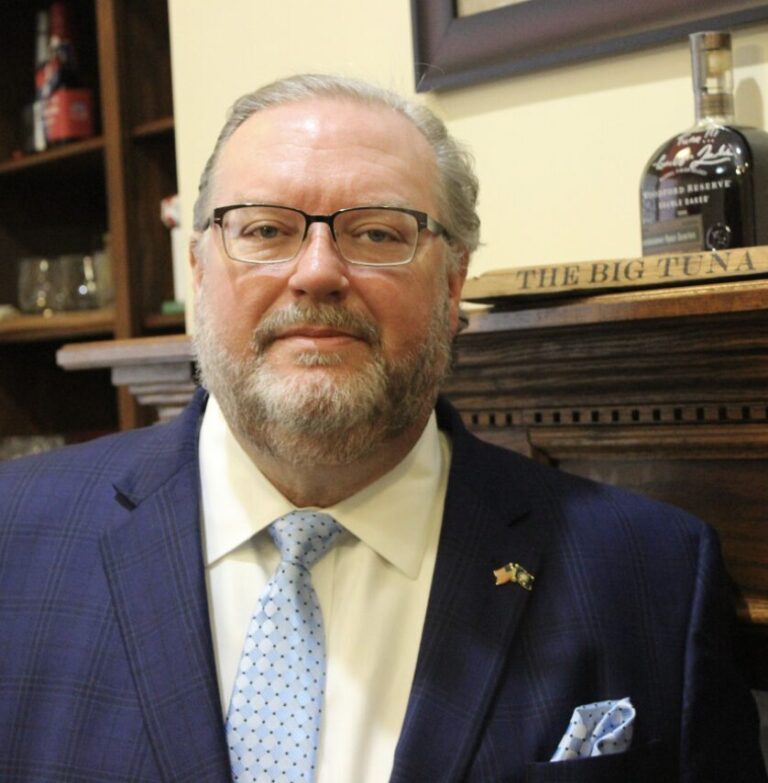How technology is revolutionizing gambling and threatening traditional bingo and state lotteries was evident at a hearing of a state Senate committee designated to examine such issues.
The Senate Committee on Licensing, Occupations and Administrative Regulations approved three bills designed to do everything from curtail online gaming to allowing nonprofit bingos to compete in the computer age. The bills now go to the full Senate for consideration.
Senate Bill 28 sponsor Sen. Mike Wilson, R-Bowling Green, said his legislation is intended to make clear in the law that “Internet cafes” are illegal. The cafes are for-profit businesses that sell Internet access for a chance to play computer-based, casino-style games in which customers can win cash prizes.
Wilson said the café’s advertise they are “better than bingo.” Non-profit bingos in his district have seen revenues decline as much as 40 percent because of the competition, he said.
Bryanna Carroll, of the Kentucky League of Cities, testified that Internet cafes are located in buildings that contain banks of computers with Internet access. She said each purchase entitles the customer to a certain number of sweepstakes entries. The customer then determines whether the sweepstakes entries are winners by logging onto a computer.
“While the general consensus is these operations violate Kentucky law, there is some disagreement among those in the municipal law community,” Carroll said. “This uncertainty has made it extremely difficult on Kentucky cities to regulate ahead of their opening.”
She said many of the cafes often present business license applications that appear to show valid and legitimate business purposes.
Officials from Kentucky cities have seen an increase in these businesses throughout the state – often in cities bordering Tennessee, Indiana and Ohio. Carroll said she attributes the increase in those regions to other states prohibiting Internet cafes. Wilson said the Bowling Green region has six Internet cafes.
Senate Bill 33 sponsor Tom Buford, R-Nicholasville, said his legislation would legalize the electronic versions of pull-tab bingo tickets that have become staples of church festivals and other charity events across Kentucky.
Lancaster Bingo Company President Johnathan Smith testified about the electronic version of the pull-tab game while holding up a computer tablet featuring the game. He said many charities across Kentucky have expressed interest in the electronic game.
Willie Byrd, executive director of Options Unlimited in Shepherdsville, operates one such charity. He said it appeals to a younger demographic and would give his organization tighter control of the money that exchanges hands at bingos.
Plus, Byrd added, it is more environmentally friendly.
“Every night we kill several trees at bingo,” he said.
Senate Bill 134 sponsor Jimmy Higdon, R-Lebanon, a retired grocer, said his legislation would prohibit people from purchasing Kentucky Lottery tickets over the Internet with a credit card.
Higdon said buying tickets online is a direct competition to retailers who sell lottery tickets. Those retailers get a five percent commission on lottery sales. It is also generates foot traffic into a business, Higdon said.
Kentucky Lottery Corp. President Arch Gleason testified if the legislation became law it would create a “serious impediment” to the anticipated rollout of the iLottery in Kentucky.
Kentucky will soon launch iLottery, the online sale of lottery tickets. New technology allows the lottery corporations to restrict Internet sales to people who are physically in Kentucky while on the Internet.
Under Higdon’s legislation, an iLottery player would need to purchase a Kentucky Lottery pre-paid debit card from a lottery retailer to play the new online game.
Gleason said the goal is not to hurt lottery retailers. He too cited the desire to reach new younger players.
“We will be mindful of the retailer,” Gleason said. “There is plenty of proof it has not been a detriment to retail sales in the few states that have gone forward.”
Senate targets Kentucky’s high colon cancer rate
In what has been described as Kentucky’s “prescription” to save lives and money, the state Senate passed a bill today designed to remove barriers to colorectal cancer screening.
Known as Senate Bill 61, it would clarify that a fecal test to screen for colon cancer, and any follow-up colonoscopy, is preventive care and should be covered by medical insurers, said Sen. Ralph Alvarado, R-Winchester, the sponsor of the bill.
Similar legislation is moving through the state House.
Alvarado, who is a family physician, said the problem is that insurers often do not pay their share for follow-up colonoscopies if blood is detected in the preventive-care fecal testing. He called that ironic because the same insurers will pay the more expensive and evasive colonoscopy if a patient opts not to do a fecal test.
The Kentucky Legislature Home Page, www.lrc.ky.gov, provides information on each of Kentucky’s senators and representatives, including phone numbers, addressees and committee assignments. The site also provides bill texts, a bill-tracking service, and committee meeting schedules.
To leave a message for any legislator, call the General Assembly’s Message Line at 800-372-7181. People with hearing difficulties may leave messages for lawmakers by calling the TTY Message Line at 800-896-0305.
You may also write any legislator by sending a letter with the lawmaker’s name to: Capitol Annex, 702 Capitol Avenue, Frankfort, Kentucky 40601.
From Legislative Research Commission












